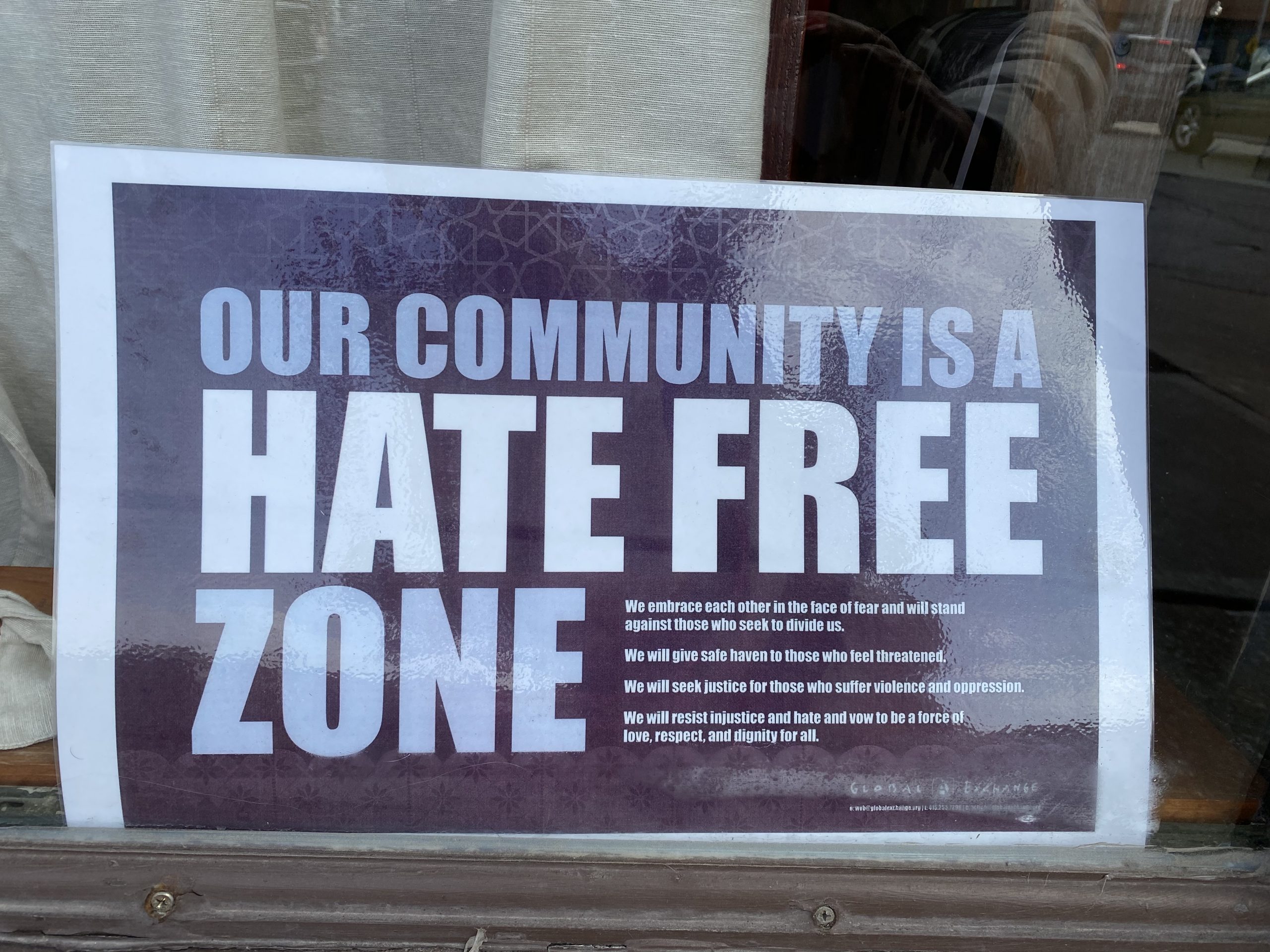This post was written at ungodly hours. But, sometimes, that is how ideas flow best. And when thoughts are at rest. And in this particular post, they needed to be at rest…
Here we go. Once upon a time a professional (it could be me or anyone reading this) was managing their LinkedIn account and, without noticing it, a hater appeared in front of them. What to do, what to say or not to say, how to handle this situation? STOP… Let’s rewind, or does everyone know what we are talking about when we refer to a hater? Right, let’s start from scratch. What is a “hater”? Well, let’s go to Wikipedia’s definition (which has no algorithms and will show you all the same definition of the term) and it says the following:
The word hater is a term used on Internet to refer to Internet users who defame, despise or destructively criticise a person, an entity, a work, a product or a certain concept, for unreasonable reasons or just for the act of defaming.
Well, once understood, you might ask, ‘but do these people exist on LinkedIn? Aren’t we in a friendlier environment because we are professionals?’ Actually, that’s what I think 99% of the time I’m on LinkedIn and interact with them. But that doesn’t stop that 1% from popping up to remind me (and I’m sure it rings a bell) that something you have said or written has not gone down well with someone. Ah, we now come to the key point we will be developing.
It seems that not all people like me
This can be noticed in the more visible world of LinkedIn, in the posts and interactions that are taking place. It doesn’t hurt to admit defeat from time to time and get out of our comfort zone of likes, comments and views. Of course, everything in the right measure and with respect. When we publish or interact on this network, we like (and hands up anyone who doesn’t think so) for people to like our content, so that it adds value and is recognised, etc…
All that being said, you may disagree with something and say so, of course you may. FYI, you are not a hater for doing that, of course not. I’ll give you two examples of comments that, while not agreeing with the substance of the publication, are very different. The subject of these comments is a post referring to a video, in which two people competeing in a game show have to guess a very important fact about the recent history of Spain, and they don’t succeed. My post points out how surprisingly low their level of basic knowledge is.

And the aforementioned comments are, on one hand, this one:
« Hi Jorge, I’m sorry to disagree with you. It’s not a question of subjects, it’s a question of:1. That the student is interested in coming to class, and if they are not, to have the tools and power as a teacher to motivate them; and 2. That the education system allows teachers and professors to create their own subject material..»
And on the other hand this one:
« This is not general knowledge, it’s the history of Spain, and it’s studied in high school, I cannot understand this level of ignorance. »
It seems that one person states a disagreement and argues it with information and points that can be answered. While the other person seems to have gotten up on the wrong foot on a Friday such as the one that was posted.
It is left to your judgement of which of the two people are closer to haterism….
I’ve erred, I’m only human, aren’t you?
Another place, perhaps not so visible, where a hater’s suspicions are brought to light is in the messages or invitations. This LinkedIn backoffice is only managed by each one of us, interacting in a personal way with other professionals (haters included).
Here, the hater’s suspicion gets to the surface, as they may receive invitations or messages from his contacts on topics and issues that could hurt their professional pride.
These can be, let’s call them small matters, such as getting the name wrong in the message. I admit that I have on some occasions sent a message or invitation that began with “Hello Manuel” and was addressed to Ernesto. Or there may be deeper issues that we did not know about. For example, we are commercially prospecting for our services, products, etc… and we are writing to an inappropriate recipient. The “inappropriate” may be perceived as such by the addressee, not so much by our own launch. But, woe betide us if that recipient is a hater! Let´s describe their reactions in the form of sarcastic remarks:
- But what are you trying to sell me? How dare you disturb me, you shitbird!
- Do you realise who I am and what I stand for?
- I’ve been making a living off of what you are offering me and I could teach you something. And your whole team of colleagues …
Maybe not in those words, but this happens on LinkedIn too. If you wake up a hater in their inbox or invitation panel, it won’t just be a polite and courteous “Thank you very much for your message. I am sorry, but I´m not interested. We’ll keep in touch. Best regards.”
No, not at all. The hater (and even wrapped in a mega-professional aura) will be furious with you, your product or whatever it is you have suggested. Faced with this awakening of the beast, we have two options, just like in real life: either go along with it or ignore it. From the title of the post, you can already guess which one I’m going for……
Clearly, I will continue to interact on LinkedIn and write to my contacts. If from time to time a hater pops up, I will breathe easy and think that they will probably have better days. Or maybe not. But that’s not my problem. Nor will it be…
Although I doubt that I can be of any help to them, I recommend they slow down, think a little more about what they want to write and to be calm, very calm. Bullying is not the way, and insults and disrespect get you nowhere. That is my belief and the belief of the people working at LinkedGrowing.
For all of you (come on, haters, come and join us…) I would like to close this post with this beautiful and peaceful song.
Thank you for reading. May we keep on connecting.
Ps: My great colleagues Alfonso and Raquel are also responsible for this post. But they already know that…





